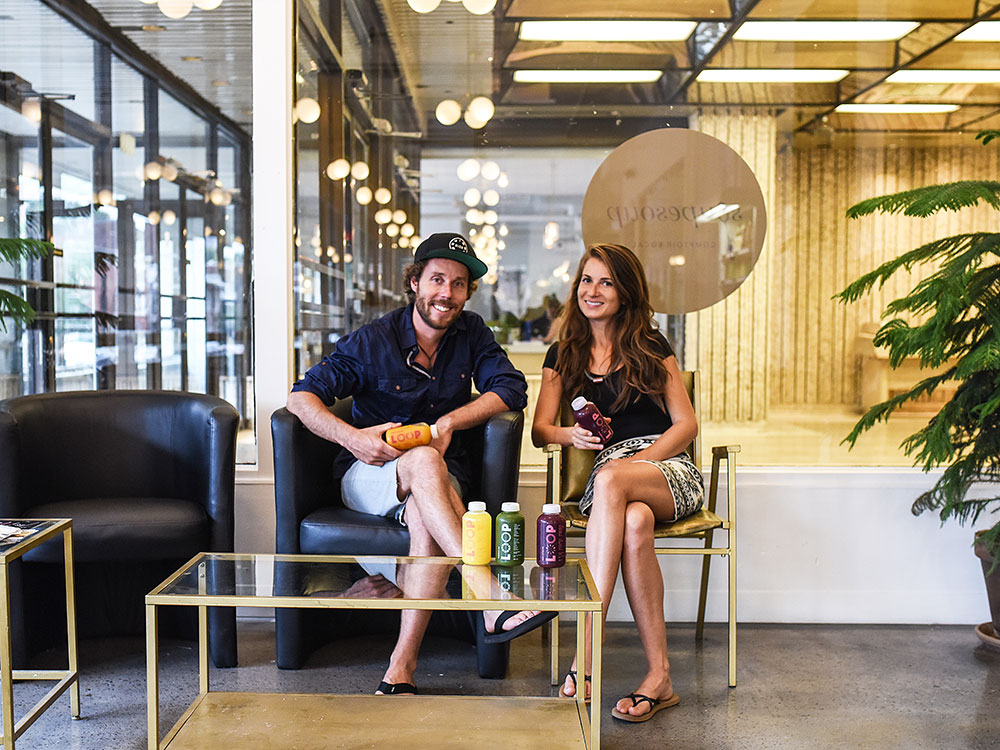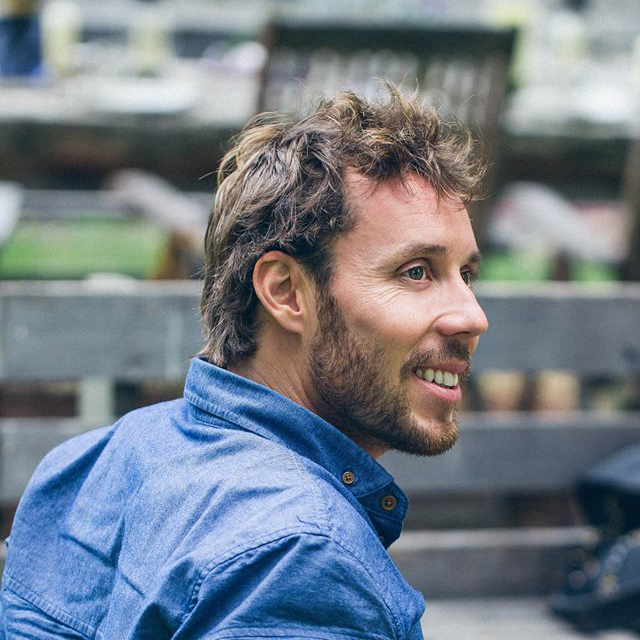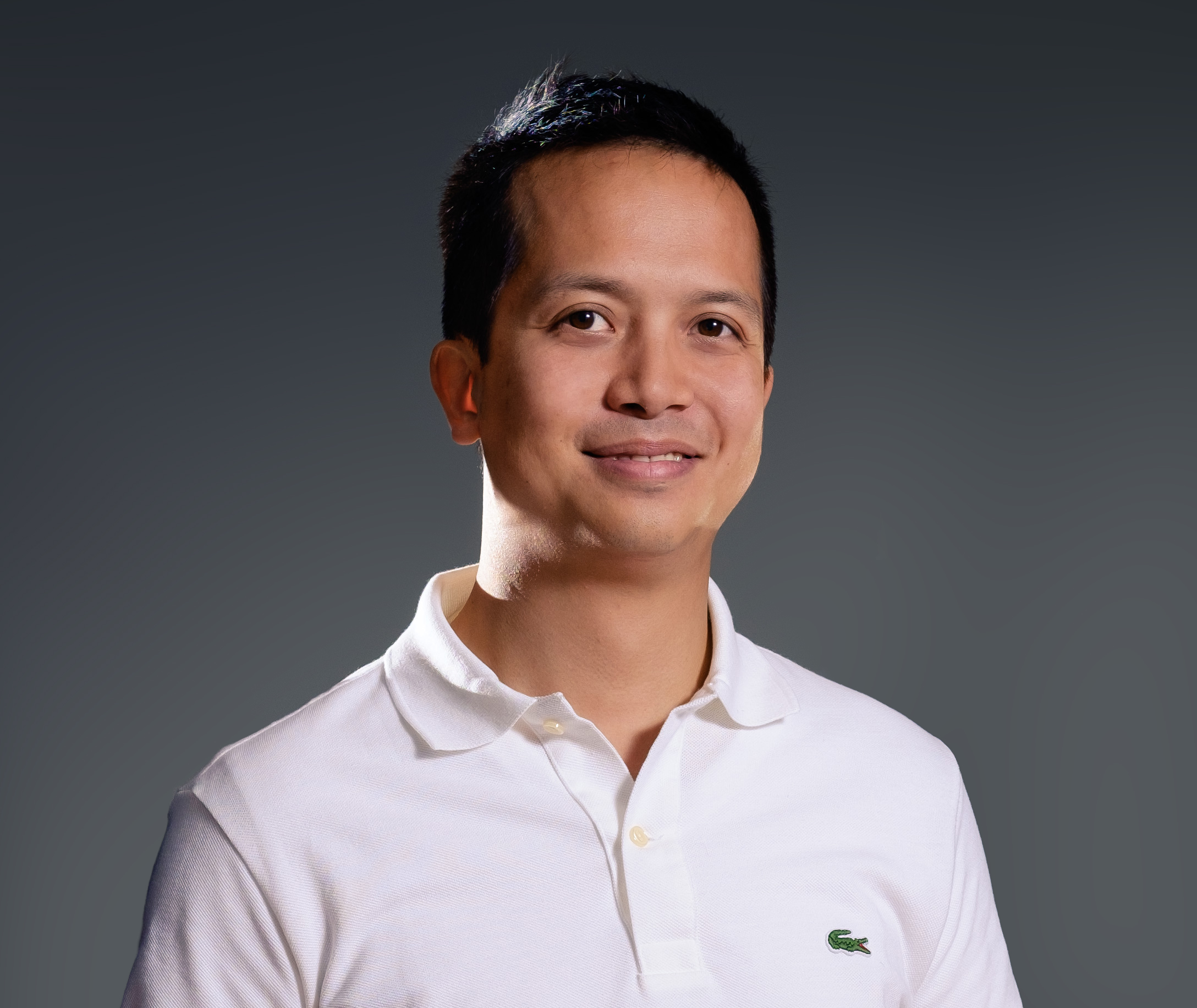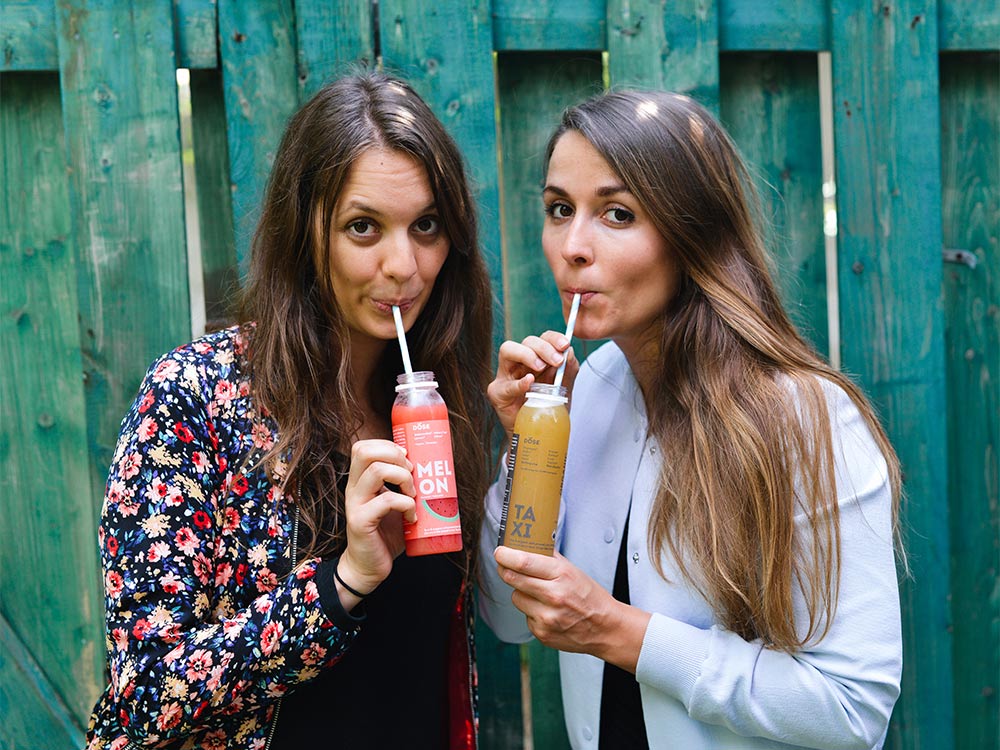
Sitting environmentalists and business people around the same table
Julie Poitras’ Words of Wisdom
This is the vision that pushed me, a year ago, to leave my job and to co-found LOOP. And I realized then that my level of entrepreneurial learning was more of strength than a weakness. That not knowing what a "traditional business" was and not having any preconceived notions about how one should do business was my biggest ally in this desire to rethink a new business model.
Being an entrepreneur, is having the opportunity to reinvent the world in your own way
But it is not just up to start-ups and young dreamers to take the cause of social and environmental innovation. It is made real and amplified by an alliance with large established companies, and in these cases, taking that step can prove to be well worth it. LOOP inspires change, and demonstrates that it can be beneficial for all to break down organizational barriers to create meaningful relationships. This shows us that a business model in circular economy is not just a utopic dream. It is to really take on a cause, like food waste.
A year ago, David Côté and I, two young entrepreneurs, teamed up with a 100-year-old major fruit and vegetable distributor, turning their surplus fruits and vegetables (we are talking 18 tonnes per day!) into cold-pressed juice. Then, we close the loop by giving our residual pulp to a company that turns it into dog food. This model is an example of a circular economy. We create value without extracting natural resources, transforming the discharges of one company into raw materials for another.
Check out : David Côté's Words of Wisdom
For the distributor, this is an opportunity to turn losses into profit while reducing costs associated with sending food to landfills. For LOOP, this combination significantly reduces the cost of our raw materials. In addition, we benefit from our partner's distribution network, its fleet of transportation vehicles, refrigerated warehousing and even share some administrative activities. Our mission also allows us to give meaning to our product, a history behind our brand, which differentiates it from other competing products.
For the consumer, it is an opportunity to find a high quality product at a much more affordable price, almost half the price of similar products on the market. From an environmental point of view, hundreds of tons of fruit and vegetables are diverted from the landfill with LOOP every year, saving tons of greenhouse gas emissions and saving millions of liters of water.
When we embarked on this adventure, I was anticipating many more issues and challenges than we ended up facing. And I was far from imagining how advantageous this alliance might be. Today, with both feet in it, I honestly struggle to imagine a more win-win model for all. For once, it seems to me that I sit down at the same table with the environmentalists and the business people, to speak a common language that pleases both parties.


